Bahraini people to continue struggle despite regime’s crackdown: Sheikh Qassim
Bahrain’s most prominent Shia cleric Sheikh Isa Qassim has said Bahraini people will continue their struggle with the aim of radically reforming the current situation in the Arab country, in spite of the regime’s brutal crackdown on dissent.
“The actions of the Al Khalifah regime and the unwavering support of the Saudi military [for the regime] cannot undermine the determination of the Bahraini people,” Sheikh Qassim said during a ceremony on Saturday on the tenth anniversary of Bahraini uprising.
He said the popular movement was launched in Bahrain to protest the suffering of the people under the Al Khalifah regime and to call for radical reforms in the government.
The popular uprising in Bahrain began in mid-February 2011, as recurring demonstrations throughout the years demanded that the ruling Al Khalifah family relinquish power.
However, the regime has brutally suppressed dissent, and has arrested, injured and killed thousands of people in the Persian Gulf country. Saudi Arabia and the United Arab Emirates have also helped the Manama regime in its ruthless crackdown.
“The stance of all opposition groups is to achieve victory,” Sheikh Qassim stressed, denouncing the “reactionary” and “cruel” rule of the Bahraini regime as incompatible with the will of the Bahraini people.
He also said the regime’s intense violence, as well as its use of foreign forces and various methods of torture, cannot silence the voice of the Bahraini people.
On the eve of the tenth anniversary of the popular uprising in Bahrain, Bahraini demonstrators took to the streets west of the capital, Manama, on Friday night carrying pictures of Sheikh Qassim as well as imprisoned political dissidents and those killed by the regime forces.
The protesters called for an end to human rights violations and the release of political detainees.
They also urged the Al Khalifah regime to relinquish power and allow the establishment of a just system representing all strata of the society.
On Wednesday, the February 14 Youth Coalition, a movement named after the date of the beginning of the Bahraini uprising, also called for the formation of a coalition consisting of all political groups as well as the people of the Arab country to overthrow the country’s political system.
In a statement, the movement called for unity to bring about “fundamental changes” in the country’s political system, describing such reforms as the most important and legitimate demand of the Bahraini people.
Yemeni armed forces down F-18 fighter jet, repel US-UK attack: Spokesman
Iran warns against US-Israeli plot to weaken Muslims, dominate region
VIDEO | Public uproar in US against Israeli regime
‘Ghost town’: 70% of Jabalia buildings destroyed by Israel
Mother’s Day: Sareh Javanmardi’s inspiring journey as Paralympic champion and mother
Russia downs over 40 Ukrainian drones as Putin vows 'destruction' on Kiev
VIDEO | Yemen: A bone in Israeli neck
D-8’s role in Iran’s economy after Cairo summit



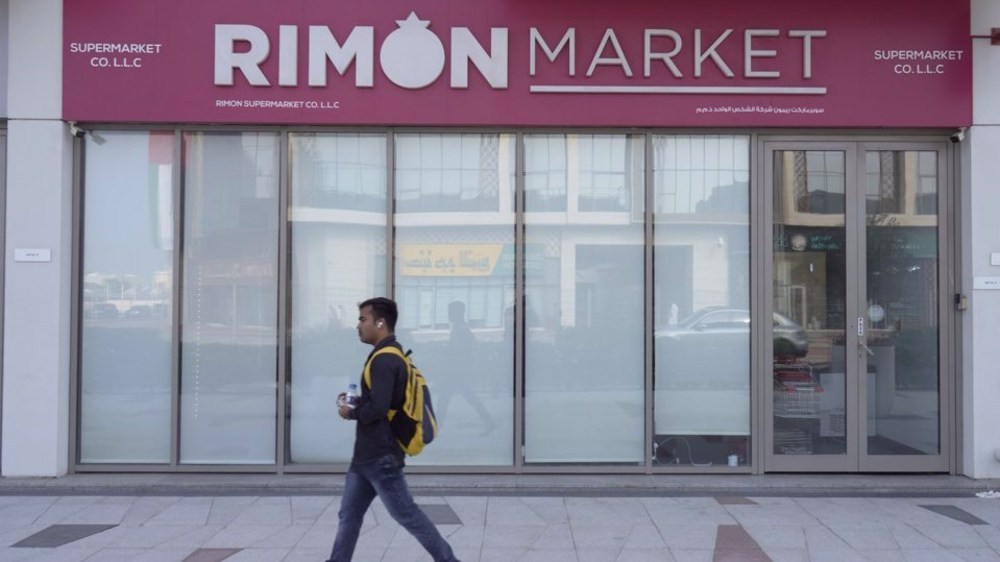





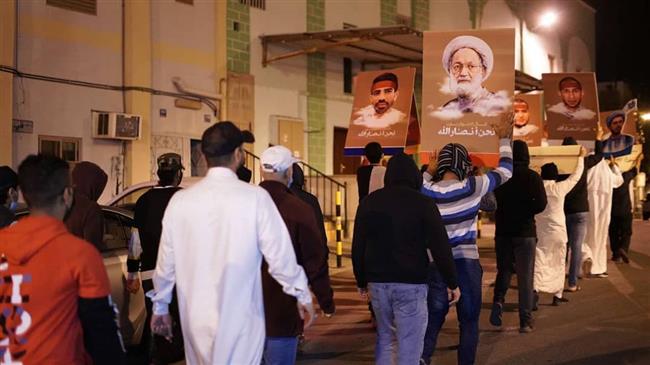
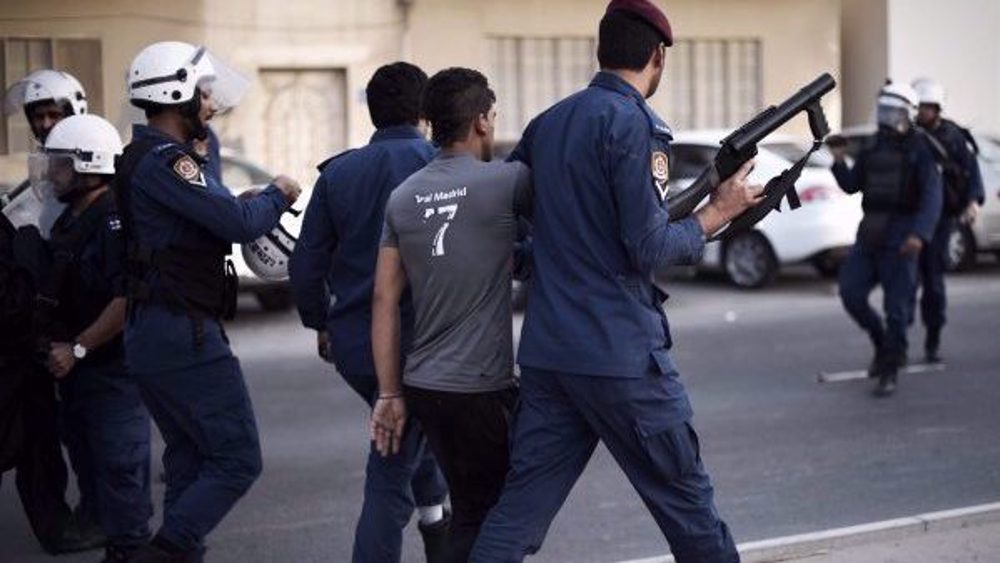
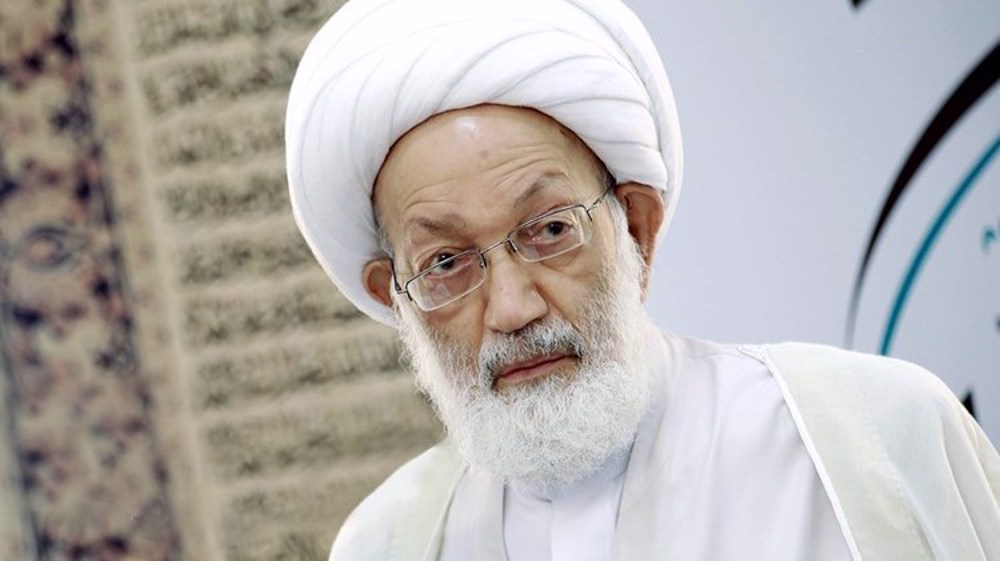
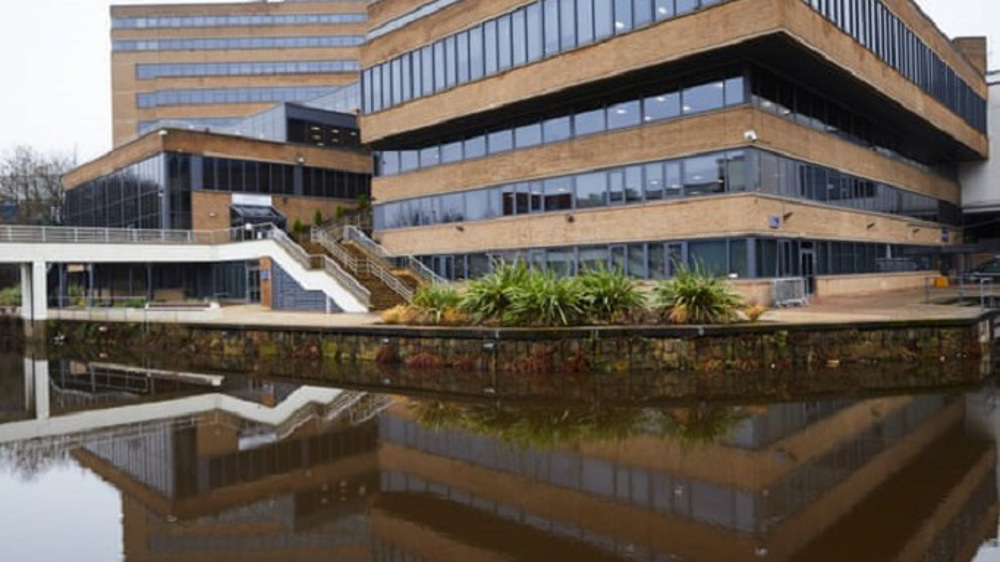

 This makes it easy to access the Press TV website
This makes it easy to access the Press TV website